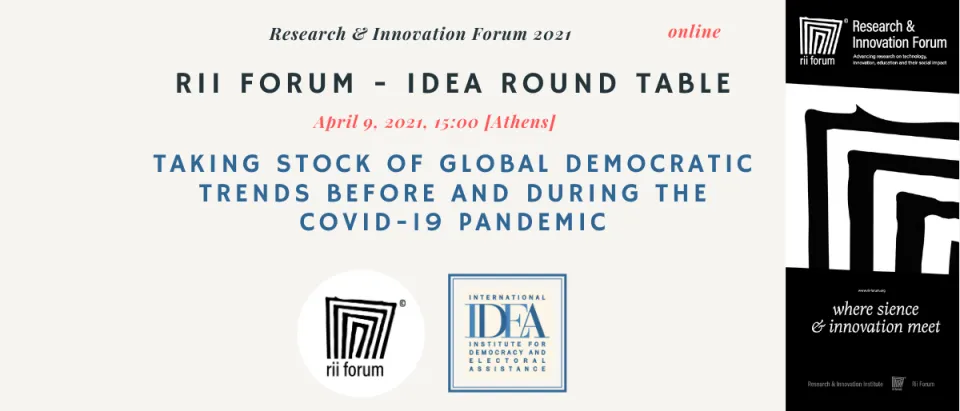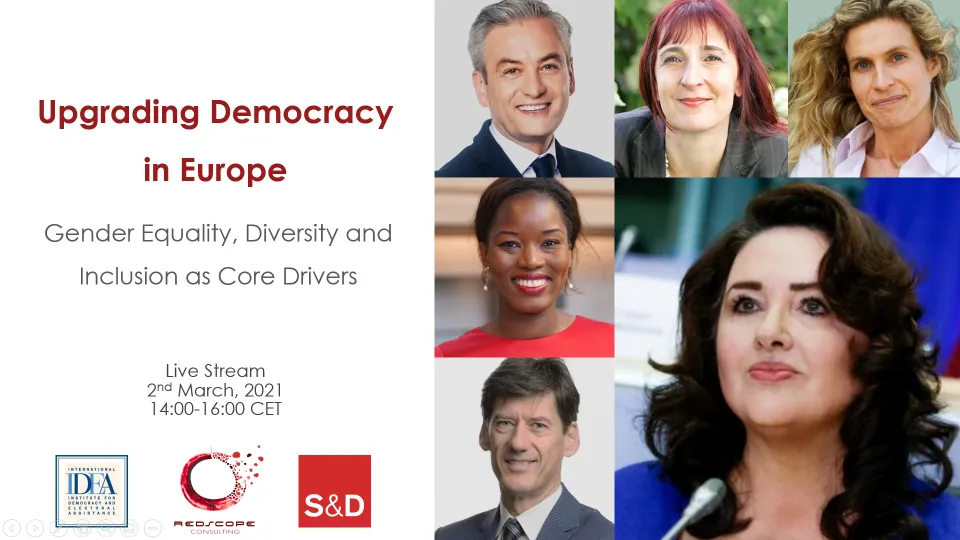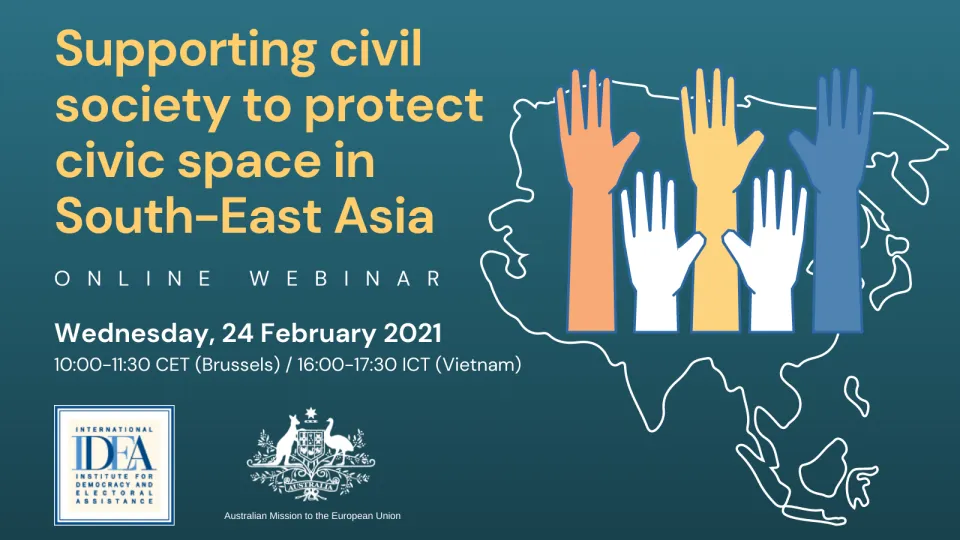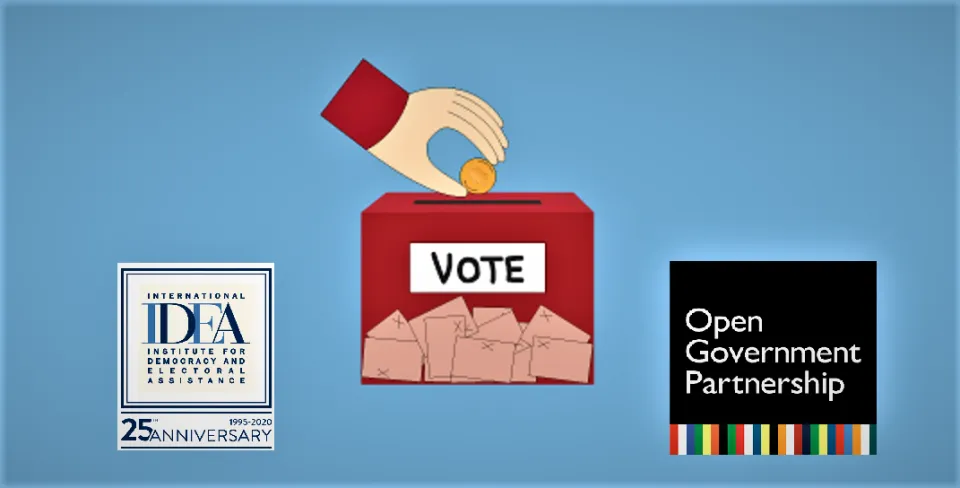Political Participation of Refugees: Bridging the Gaps
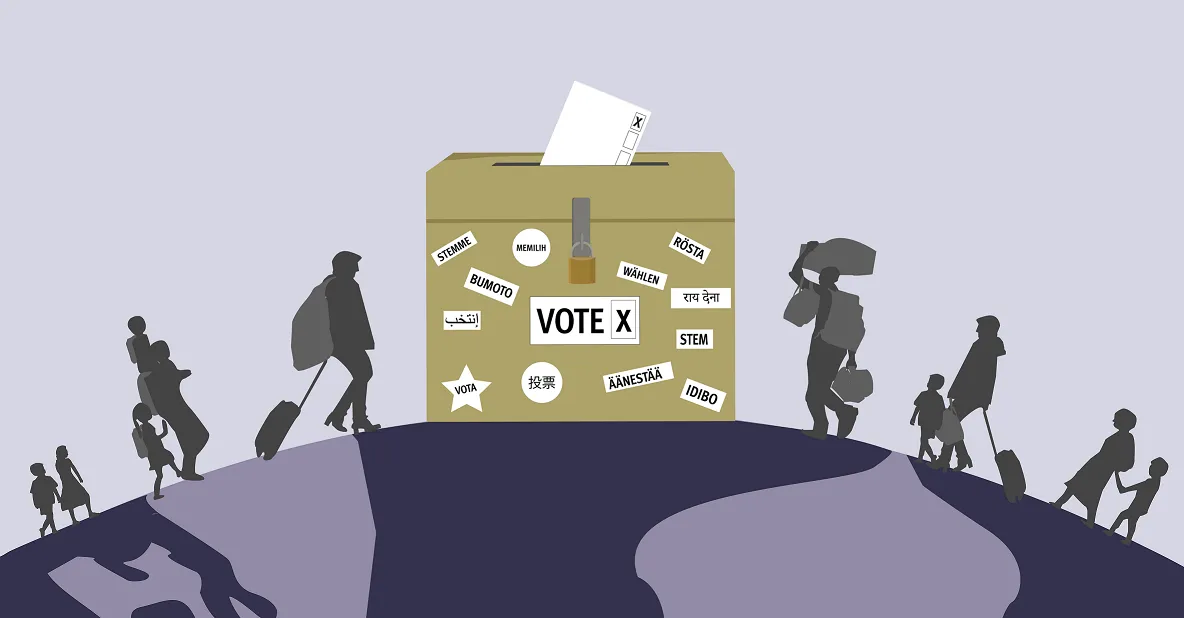
With the global refugee population reaching an estimated 22.5 million by mid-2017, compared to 10.4 million in 2011, the world is seeing an unprecedented increase in the number of refugees and asylum seekers. Sweden is among Europe's top 10 host countries in terms of refugee population per capita, with Syria, Somalia and Iraq making up the most common countries of origin of refugees hosted in Sweden. While ongoing debates are largely focusing on the humanitarian,
socio-economic and security implications of large refugee flows, issues related to refugees’ civic and political inclusion and their potential to participate in political life and decision-making processes in their host countries and their countries of origin have not been adequately explored. Refugees have the potential to play a role in political life of both their host and origin countries, as they often maintain strong transnational links with their homelands, while at the same time, they become part of the host society.
Recognizing the dual role of refugees as political actors in both their host and origin countries, the International Institute for Democracy and Electoral Assistance (International IDEA) with support of the Robert Bosch Stiftung, gathered comparative knowledge on the various formal and non-formal mechanisms of political participation of refugees in their host and origin countries, and presents the report “Political participation of refugees: bridging the gaps”. The report is based on case studies carried out through interviews and focus group discussions with refugees and key informants in eight host countries with high numbers of refugees and asylum seekers, including Germany, Lebanon, Kenya, South Africa, Sweden, Turkey, Uganda and the UK. It offers cross-country insights into the experiences of refugee communities originating from five of the largest source countries: Syria, Afghanistan, South Sudan, Somalia and the Democratic Republic of the Congo.
Drawing on the findings of the report and its associated case studies, the Panel will discuss issues related to access to citizenship and electoral rights for refugees in their host countries, as well as other mechanisms of political participation such as consultative bodies, civil society organizations and grassroots initiatives. It will also explore the role of refugees for peace and democracy-building in their countries of origin with a focus on out-of-country voting, diaspora networks and transnational political activism.
PROGRAMME
Welcome Remarks
-
Mr Yves Leterme - Secretary-General, International IDEA
-
Ambassador Dr Hans-Jürgen Heimsoeth - German Embassy in Stockholm
Presentation of the Report "Political Participation of Refugees: Bridging the Gaps"
-
Ms Lina Antara - Programme Officer, International IDEA
-
Mr Armend Bekaj - Senior Programme Officer, International IDEA
-
Ms Anna Piccinni - Policy Analyst, Territorial approaches to Migrants and Vulnerable Migrant Groups, Regional Development Policy Division, OECD
-
Ms Tarig Adan - Founder of Hab Association for immigrants (HAI) and lead author of “The Case of Syrian and Somali Refugees in Sweden”
-
Mr Adam Elsod - Co-founder and Chairman of The Young Republic and Co-founder of the Network for Refugee Voices
Reception
Light snacks and beverages will be available.
